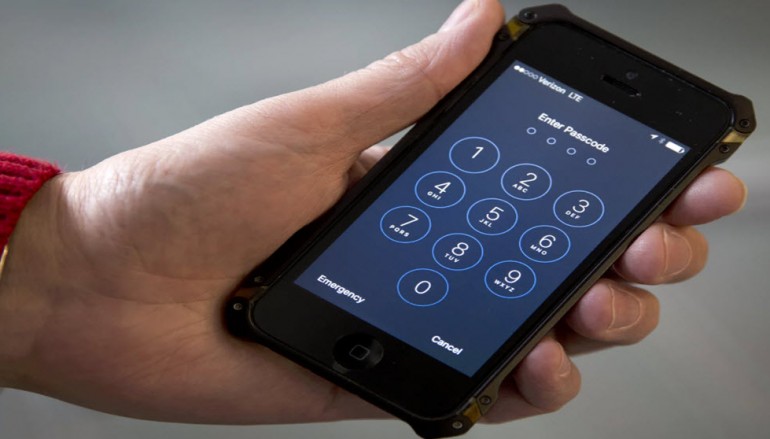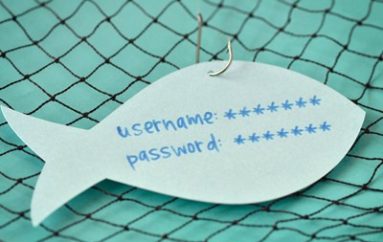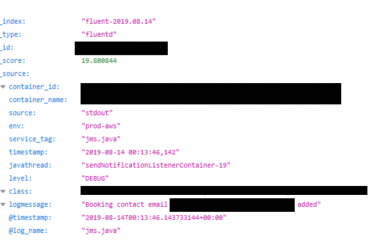
US efforts to regulate encryption have been flawed, government report finds
US Republican congressional staff trying to find a middle ground on encryption have said previous efforts to regulate privacy technology were flawed and that lawmakers need to learn more about technology before trying to regulate it, according to a report released on Wednesday.
The 25-page white paper – entitled Going Dark, Going Forward: A Primer on theEncryption Debate – does not claim any magical solution to the fight over encryption software that has roiled western capitals for more than two years. It was written by Republican staff on the House committee on homeland security, led by representative Michael McCaul, who has proposed a bipartisan top-level panel of encryption experts with senator Mark Warner, the Virginia Democrat.
But the document remains notable nonetheless for its measured language and criticism of other lawmakers who have tried to legislate their way out of the encryption debate. It also sets a new starting point for Congress as it mulls whether to legislate on encryption during the Clinton or Trump administration.
Following Apple’s standoff with the FBI over access to a locked iPhone used by San Bernardino gunman Syed Farook, senators Richard Burr, a North Carolina Republican, and California Democrat Dianne Feinstein offered a bill that would have required companies to provide unencrypted versions of data from their services if faced with a court order.
“Unfortunately, this proposal was riddled with unintended consequences,” the authors wrote.
Apple CEO Tim Cook, along with executives from Google and Facebook, have argued that if Washington starts ordering them to build universal key features into their encryption software, it will create vulnerabilities that both the “good guys” (western governments, in this case) and “bad guys” (other governments and hackers) can exploit. This view generally is backed up by technologists and mathematicians.
“Lawmakers need to develop a far deeper understanding of this complex issue before they attempt a legislative fix,” the committee staff write in their report.
The House committee ultimately calls for more dialogue on the topic and for more interviews with experts. The committee claims its already held more than 100 such briefings, some of which are classified.
But for all the efforts to find balance, the committee’s report does perpetuate a few over-simplifications of the encryption debate. For instance, in the first line of the report says that public interest in encryption has surged once it was revealed that terrorists behind the Paris and San Bernardino attacks “used encrypted communications to evade detection”.
Investigators have said the attackers used throw-away phones, not encrypted messaging, to coordinate the Paris attacks. In the case of San Bernardino, federal officials have said data on Farook’s phone, which was ultimately unlocked, actually showed that he wasn’t using it to communicate with other terrorists.
Source | TheGuardian





